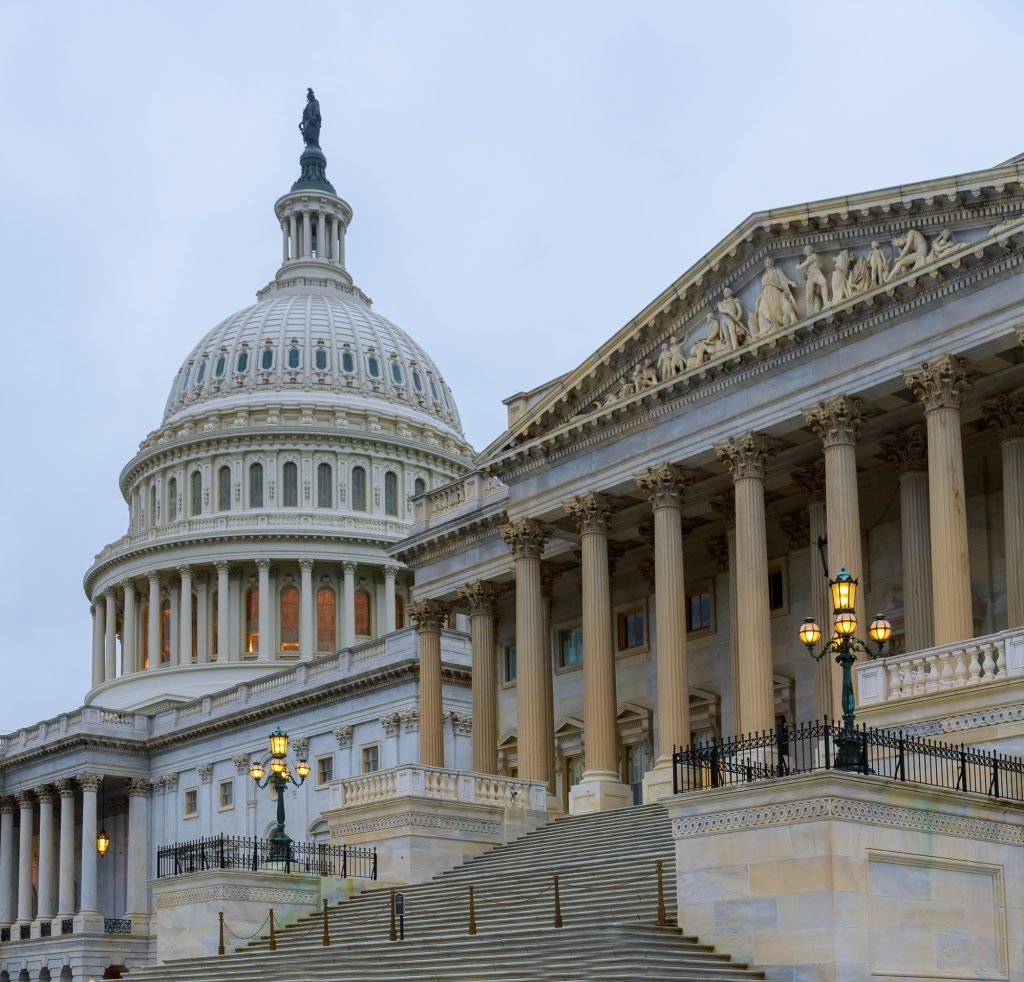Trump nominee pressed to block BEAD funding ‘giveaway’ to Musk’s Starlink

Headlines: A routine hearing to evaluate Arielle Roth, Trump’s nominee for Assistant Secretary of Commerce for Communications and Information, turned into yet another debate over Elon Musk’s ties to the […]
Supreme Court Poised to Uphold $8 Billion Federal Internet Subsidy

In a pivotal session, the United States Supreme Court signaled its inclination to uphold the Federal Communications Commission’s (FCC) $8 billion annual Universal Service Fund (USF), a program designed to subsidize phone and internet services in schools, libraries, and rural communities.
T-Mobile’s Proposed Acquisition of UScellular Faces Scrutiny Over Potential Service Reductions

Consumer advocacy groups and labor unions are urging the Federal Communications Commission (FCC) to reject T-Mobile’s proposed $4.4 billion acquisition of UScellular, citing concerns over potential service reductions, job losses, and decreased market competition.
Permitting Delays Impede U.S. Broadband Expansion Efforts

A recent analysis by The Pew Charitable Trusts reveals that cumbersome permitting processes are a significant barrier to the expansion of high-speed internet access across the United States.
DoD Expands 5G Rollout to First Responders in California, Enhancing Emergency Communications

The Department of Defense (DoD) has begun deploying 5G communications infrastructure to first responders in California, marking a significant step toward improving emergency response capabilities. The initiative, part of the Pentagon’s broader push for secure and high-speed wireless networks, aims to enhance coordination among firefighters, paramedics, and law enforcement agencies during crises. As wildfires and natural disasters intensify, federal and local officials stress the importance of robust, real-time connectivity in life-saving operations.
2025 Artificial Intelligence Summit to Address Federal AI Integration, Ethical Challenges

The 2025 Artificial Intelligence Summit, set for March 20, will bring together policymakers, industry leaders, and academic experts to discuss the role of AI in federal initiatives. The summit aims to tackle critical concerns surrounding bias mitigation, data privacy, and the ethical deployment of AI across government agencies.
CWA Member Criticizes Potential Changes to Broadband Fund Allocations

Headline: With fiber, you don’t have to worry about any of that.Article: Marcus Chambers, Communications Workers of America Maryland State Broadband Lead and member of CWA Local 2018, spoke out […]
US Official Blasts Trump’s Broadband Funding Shift From Fiber To Starlink

Headline: An outgoing official at the US Commerce Department alleges that the $42 billion BEAD program risks being derailed even more to benefit Elon Musk’s Starlink.Article: An outgoing official at […]
U.S. senator touches on the ‘fundamental flaw’ of BEAD

Headline: U.S. Senator John Curtis (R-UT) believes BEAD and other federal programs have a “fundamental flaw” because Congress doesn’t entirely understand the issuesArticle: The trade group ACA Connects kicked off […]
Op-Ed: I’m sad that BEAD may eliminate its preference for fiber

Headline: Wall Street Journal sources say NTIA will eliminate BEAD’s preference for fiberArticle: I hope you don’t mind the night sky littered with thousands of circling satellites, because it looks […]
